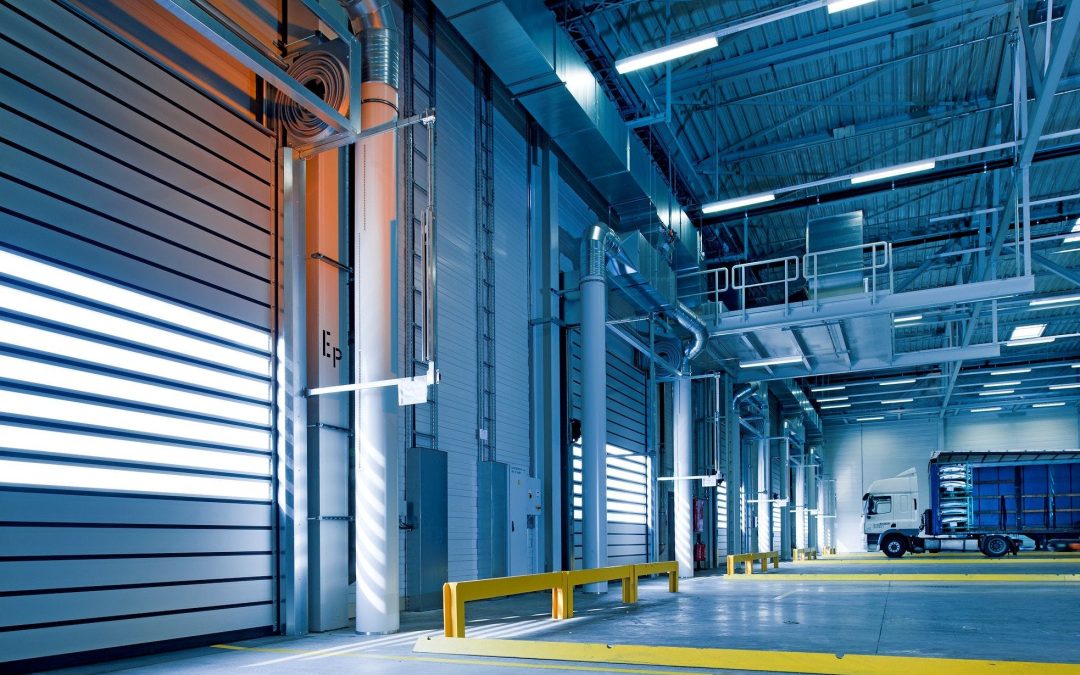A specific type of steel most commonly used in construction services, structural steel is one of the most crucial materials when building, due to its strength, versatility and durability. At Weldform Structures, we specialise in providing high-quality miscellaneous metal works and structural steel fabrication to Melbourne’s construction projects. With extensive experience in the structural steel industry, we’ve compiled a list of five key features to keep in mind for your next project.
Strength
Typically, structural steel is carbon-based, composed of iron and carbon containing materials.
On its own, structural steel boasts significant strength. This can be further enhanced with the addition of specific alloy metals, namely manganese and nickel. Its ability to be moulded into varying shapes is a testament to how structurally sound the material is, with this strength being the aftermath of factors such as chemical composition and heat treatment.
Additionally, the rolling process also contributes to the strength of the steel, in that the more times the steel is rolled, the stronger it becomes.
When sourcing structural steel for your next project, arguably the most important factor to consider is the steel’s strength-to-weight ratio. Typically, a high strength steel for a low weight is a good indicator, as it suggests that the material is structurally lighter, yet still able to maintain strength.
Resistance to external elements
Structural steel generally has high resistance to external elements. For instance, the risk of mould forming on structural steel-based buildings is minimal. In comparison, other materials such as wood do bear the risk of mould formation.
Whilst the integrity of steel may be compromised when exposed to extreme heat, it is generally fire-resistant given that it passes fire testing according to Victorian regulations.
Formation
When selecting structural steel for a project, ensuring its shape is suitable to the function you want it to perform is crucial.
The most common formations of structural steel include:
- Universal beams: building blocks that are fundamental to the structure of the project given their ability to support heavy weight.
- Parallel flange channels: two parallel facing structures of the same length, and are preferred due to their high strength-to-weight ratio.
- Universal column: similar to universal beams, but varies since it has three sections. They are most commonly used to support columns due to their ability to carry significant weight.
Sustainability
With growing eco-consciousness amongst business and consumers, ensuring sustainable practices are carried out in construction projects is critical. Steel is a completely recyclable material, with properties such as strength and resistance remaining intact throughout the recycling process. Steel is considered one of the most sustainable construction materials.
Industry compliance
When using structural steel for projects, specifically commercial ones, it is imperative to ensure your steel is industry compliant. In Australia, the steel industry falls under the Australian Standard and Codes of Practice, namely the AS400 code which specifies structural steel design standard.
How we can help
At Weldform Structures, we provide quality metalworks and structural steel services to Melbourne’s finest establishments. In collaboration with engineers, designers, and architects, we can provide end-to-end solutions, with areas of expertise in drafting, fabricating steel and designing construction solutions.
Contact us today to learn about the structural steel and metalwork solutions for you!

